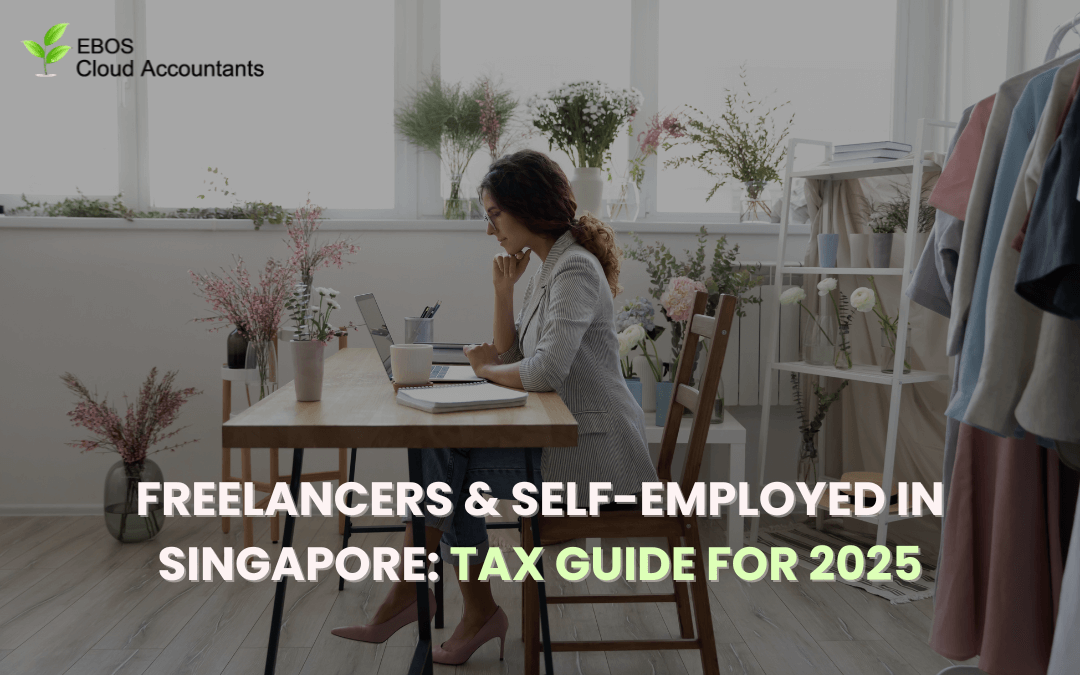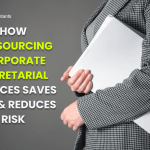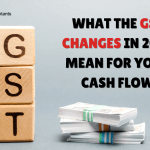Singapore is a hub for freelancers, gig workers, and self-employed professionals. Whether you’re a full-time freelancer or running a small business, understanding the tax landscape is essential to staying compliant and maximizing your earnings. Here’s a comprehensive tax guide for self-employed individuals in Singapore for 2025.
1. Who is Considered Self-Employed in Singapore?
In Singapore, you are considered self-employed if you:
- Provide services or sell products without being under an employment contract.
- Operate as a freelancer, sole proprietor, or partner in a business.
- Receive business income rather than a fixed salary.
Self-employed individuals must report their income to the Inland Revenue Authority of Singapore (IRAS) and fulfill tax obligations accordingly.
2. Tax Obligations for Freelancers & Self-Employed Individuals
a) Income Tax
- Self-employed individuals are taxed under personal income tax rates, ranging from 0% to 24% for 2025.
- You must file your income tax return by April 18, 2025 (e-filing) or April 15, 2025 (paper filing).
- Business income must be reported under Form B.
b) Goods and Services Tax (GST)
- If your annual income exceeds S$1 million, GST registration is mandatory.
- GST-registered freelancers must charge 9% GST (new rate for 2025) on their services.
3. Tax Deductions & Reliefs for Self-Employed Individuals
a) Allowable Business Expenses
To reduce taxable income, you can claim deductions on:
- Office rent and utilities
- Marketing and advertising costs
- Business travel expenses
- Work-related subscriptions and software
- Professional training and upskilling courses
b) CPF Contributions
- While CPF contributions are not mandatory for self-employed individuals, contributing to the Medisave Account is compulsory.
- Contributions depend on your Net Trade Income (NTI).
- Voluntary CPF contributions can also provide tax relief.
c) Personal Reliefs & Rebates
Self-employed individuals can still claim personal reliefs such as:
- Earned Income Relief
- Parent Relief
- Course Fee Relief
4. How to File Your Taxes as a Freelancer
- Keep Proper Records – Maintain invoices, receipts, and financial statements.
- File Your Tax Return Online – Use IRAS’s myTax Portal.
- Declare Business Income Accurately – Under trade, business, profession, or vocation.
- Pay Taxes Promptly – Utilize GIRO for installment payments if needed.
5. Common Tax Mistakes to Avoid
- Underreporting Income – Ensure all earnings are declared.
- Not Keeping Proper Records – IRAS may request proof of expenses.
- Missing Tax Deadlines – Late filings incur penalties.
- Not Registering for GST When Required – This can lead to fines and back payments.
Conclusion
Understanding your tax obligations as a freelancer or self-employed individual in Singapore is crucial to staying compliant and optimizing your tax liabilities. By keeping proper records, leveraging tax deductions, and meeting deadlines, you can ensure smooth tax filing for 2025.
Check out our website at https://ebos-sg.com/ to explore more articles and discover how our Cloud Accountant Services can support you on your business.







